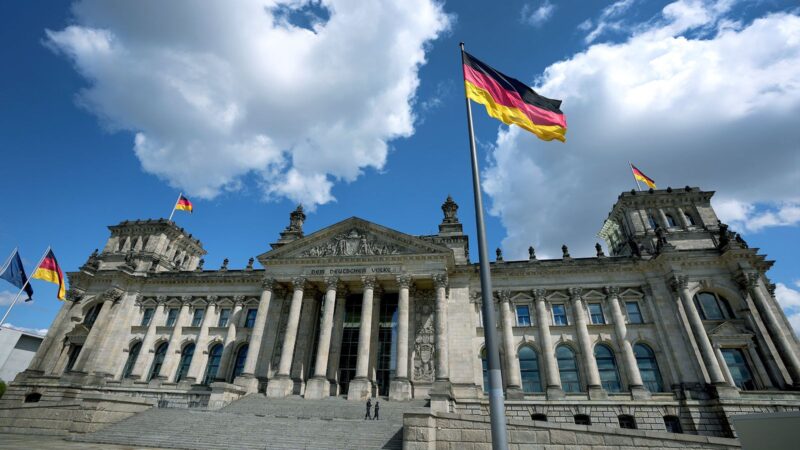Despite a proclaimed policy of budgetary restraint, the German parliament has decided to increase public funding for political parties. Starting in 2025, subsidies will rise by an additional €6 million, bringing the total to €225.4 million annually.
Moreover, the increase will be applied retroactively — with payouts recalculated from the beginning of the current year. Bundestag President Julia Klöckner explained that the decision was due to a 2.8% rise in party expenditures compared to the previous year. Notably, party funding had already been increased a year earlier — by 4.6%, or nearly €10 million.
The rules for calculating voter-based payouts have also been adjusted. Parties will now receive €1.21 for the first four million votes (up from €1.18) and €0.99 for each additional vote (up from €0.97). These payments apply to all parties that receive at least 0.5% of the vote in federal or European elections, or 1% in regional elections.
In 2023, the largest share of public funding went to the CDU (Christian Democratic Union), which received nearly €58 million. It was followed by the SPD (Social Democratic Party of Germany) with €51.3 million, the Greens with €32.6 million, the FDP (Free Democratic Party) with €18.6 million, The Left with €14 million, the CSU (Christian Social Union) with €12.6 million, and the AfD (Alternative for Germany) with €11.6 million.
The decision to boost party funding has already sparked criticism from civil society groups and opposition figures, who argue that it is out of step with the current economic climate and public expectations.




